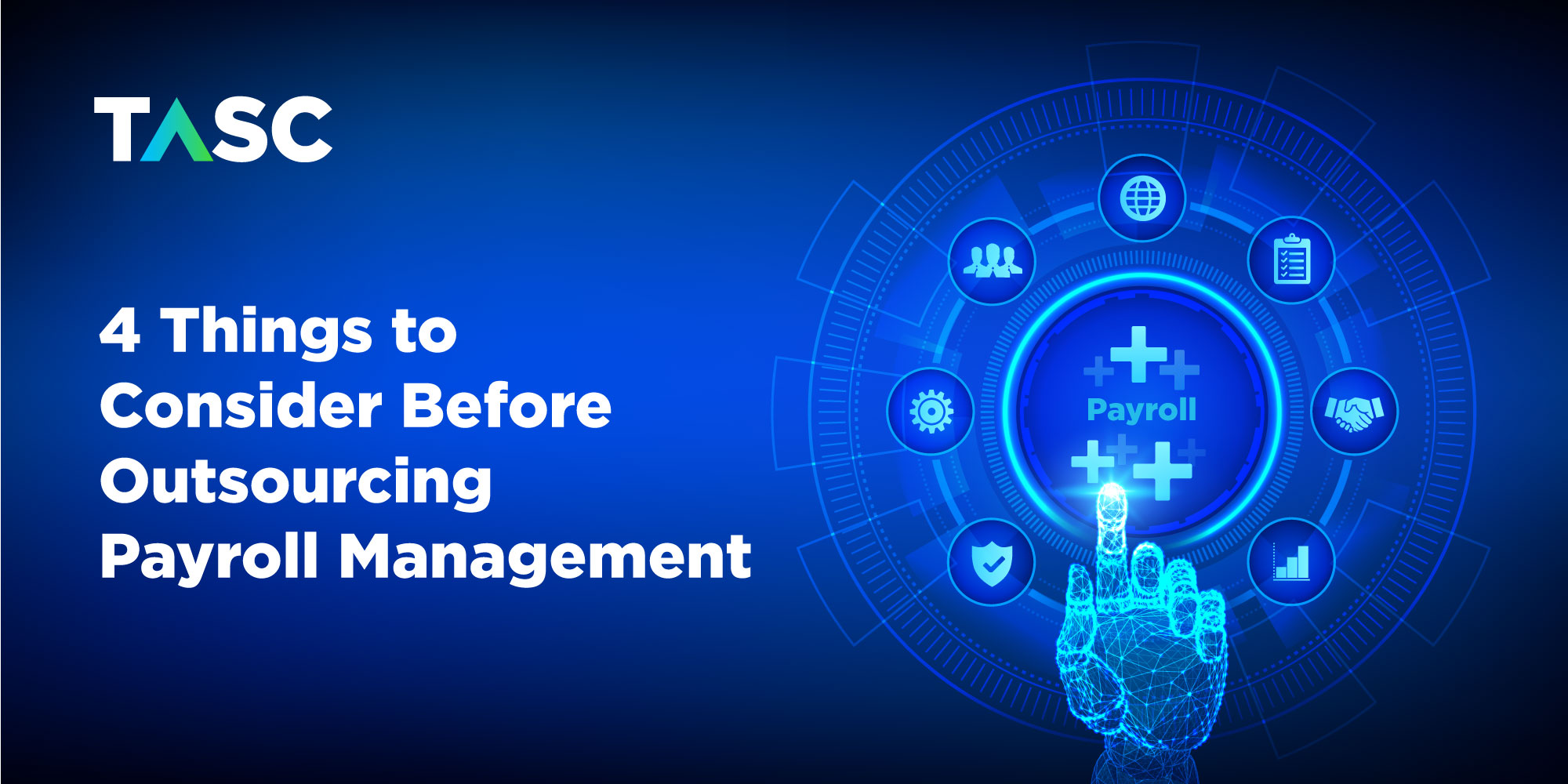4 Things to Consider Before Outsourcing Payroll Management
Over the last couple of years, the UAE has witnessed a progressive and accelerated transformation. Apart from this strategic location, the UAE offers free trade zones, a favourable tax regime, and access to the biggest and fastest global emerging markets, making it one of the most attractive destinations for expanding businesses worldwide.
While starting a business in the UAE is an attractive prospect, the evolving labour laws and changing payroll regulations can make it time-consuming for the management to keep a tight hold on the payroll process. Therefore, it is relevant for a business owner to outsource payroll services when launching and scaling a company in the UAE.
Companies need to comply with the Wage Protection System (WPS) regulations to operate with ease and compliance. An initiative started by the Ministry of Human Resources and Emiratization (MOHRE), the WPS aims to protect the interests and rights of workers through payroll systemization across the UAE. All companies must abide by the WPS, except for a few free zones.
For businesses to conduct their operations smoothly, having a deeper understanding of the critical components of the payroll process is a requisite. Here are four crucial things that need to be kept in mind to ensure efficient payroll management in the UAE –
1 – Understanding the Wage Protection System (WPS)
The WPS is a digital payroll system for directly crediting salaries to employees' accounts. All private organizations must register for WPS in order to pay employees using the Central Bank of the United Arab Emirates.
Key highlights of the WPS –
- The labour laws state that salaries need to be paid biweekly or monthly, depending on the contract between the employer and employee. In case the period hasn’t been specified, wages will be due every 14 days.
- It is considered late when salary hasn’t been paid for ten days. If an employer fails to pay salary after a period of 30 days, it would be seen as a ‘refusal to pay.’ In both cases, companies will have to pay fines of AED 1,000 and AED 50,000, respectively.
- There are fines for non-compliance with the WPS if employers add incorrect employee data. The penalty can go up to AED 5,000 for each employee, adding up to a maximum of AED 50,000.
2 – Collecting and Maintaining Employee Master Files
Employee master files typically contain every detail of all employees, such as credentials, salary contingent compensation, salary increments, advance salary pay-outs, company authorized allowance, and so on.
It’s important to maintain master files to compile all employee data. Having master files centralize employee information and make payroll processing easy and efficient. While spreadsheets are used as a popular way to document information, payroll management relies on smart tools to make the job much easier.
Having the right software tools also make it easy to update information whenever necessary on the files.
TASC uses RAMCO as a global payroll platform, it’s built with an AI-driven and cloud-based technology. It ensures we pay on time for different geographies and in local currency.
3 – Calculating Salary Deductions
When it comes to calculating the net salary, several deductions are made based on fines, violations, leaves of absence, and so on. Some of the common leaves offered to employees in the UAE include –
- Authorized Annual Leaves – Employees who have worked at the organization for more than a year will be allotted 30 days of paid annual leaves.
- Authorized Sick Leaves – Employees working under the probationary period will not get paid sick leaves. However, permanent employees will get 90 days of sick leaves. The compensation is generally calculated based on –
- The initial 15 days – leave with full pay
- The following 30 days – leave with half pay
- The following 45 days – leaves without pay
- Maternity Leaves – Female employees who have worked at the company for more than a year get 60 days of maternity leaves. Out of which, 45 days will be fully paid and 15 days will be half-paid leave.
- Paternity Leaves – Employees in the private sector get five days of paid paternity leaves after the birth of their newborn children. Unlike leaves, regulations around violations and fines will differ from one company to another, but it mainly revolves around the calculation of total working hours.
- Hajj Leaves – As a Muslim pilgrimage, employees will be allowed to take 30 days on unpaid leaves for Hajj once during their service to the organization.
These deductions must be made carefully and accurately before making the salary payment, all while complying with the WPS.
4 – Making WPS Salary Transfer Files
Salary Transfer File, or Salary Information File (SIF), is a Ministry of Labour mandated document that is necessary for paying salaries to employees through the Wage Protection System. It would include essential elements of the employee master file, including designated salary, bonus, credentials, etc.
All financial exchanges and banks in the UAE follow this system, and some require a customized format for salary transfer files. Before you submit your SIF, make sure you request a personalized format.
Wrapping Up
While these are crucial elements to payroll management, they aren’t nearly everything. A lot of other aspects should be considered in the payroll management process to maintain compliance with the latest rules and regulations.
From factoring in gratuity to generating payslips, you can outsource the E2E process by seeking the best payroll management services from professional organizations such as us, TASC Outsourcing. We specialize in payroll and other administrative tasks; we can break down the complexities to make payroll management for your company as seamless and efficient as possible.
We solve business problems…!!!





